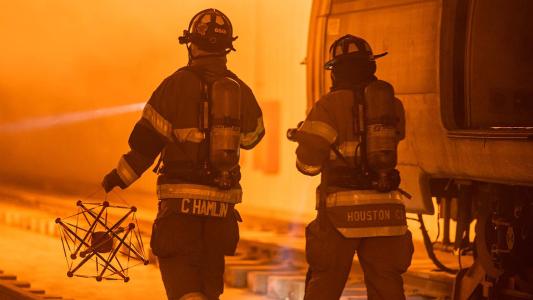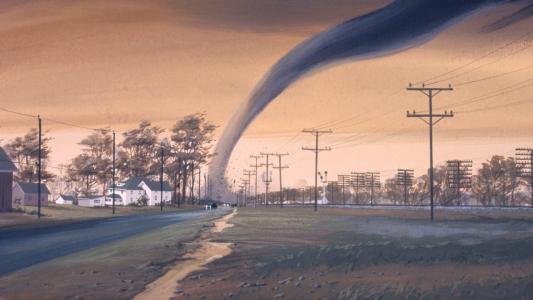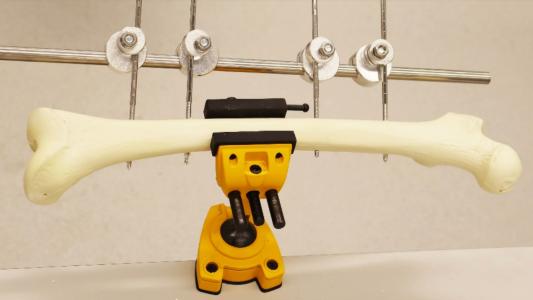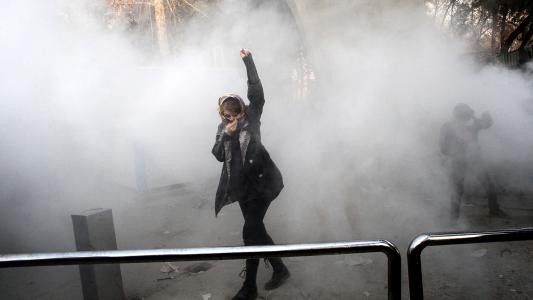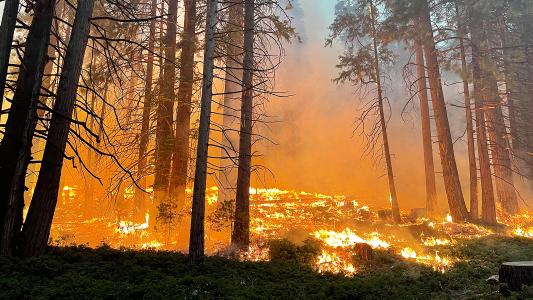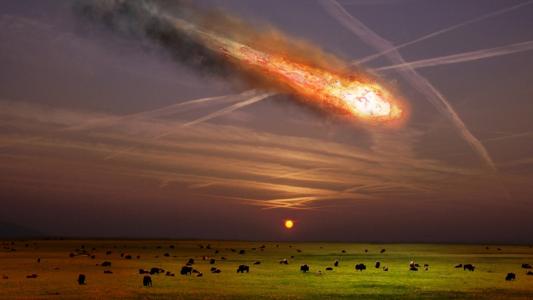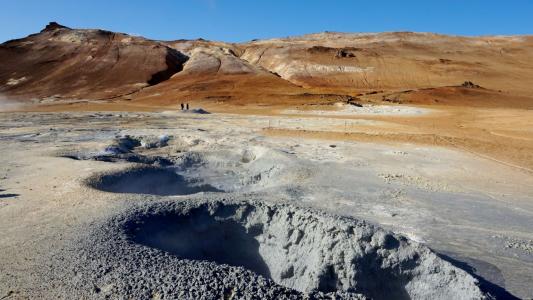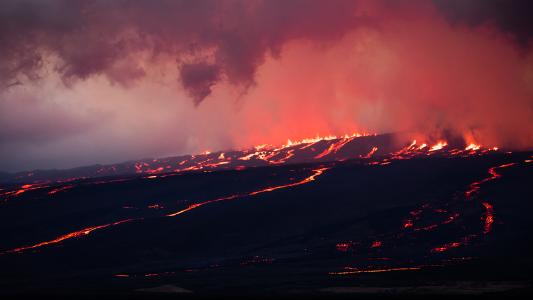Disaster Response
Shape-shifting space robots help firefighters on Earth
The designer of a new type of rover for NASA has found a way to make her space robots useful to firefighters on Earth.
Self-sufficient “microgrids” could save you from power grid emergencies
Centralized power systems rely on large power plants and transmission grids, but microgrids are self-sufficient.
Treating broken bones in war zones made easier with low-cost device
The device performs similarly to its commercial counterparts but costs one-tenth the price.
Starlink turns on coverage over Iran to bypass censorship
Elon Musk's Starlink satellite internet is active over Iran, but the terminals to access it must make it inside the country.
These ancient trees survived a wildfire because of fire
The survival of an ancient grove of trees in Yosemite may be a powerful case study for controlled burns.
The cosmos can kill us in many ways. But the James Webb Space Telescope can help save us
Asteroid strikes, supernova explosions, and gamma-ray bursts are just a few of the ways the cosmos can kill us.
This is the damage a tiny speck of space debris can do at 15,000mph
A crater 5 inches deep was caused by something about the size and weight of an eraser on the end of a pencil.
“Passive cooling” could reduce indoor temps by up to 25 F in a heat wave
University of Oregon researchers have discovered that simple acts like drawing shades during peak sun and opening windows at night may help save lives during heatwaves.
Here is how to send a distress signal to space from anywhere on Earth
International search-and-rescue program Cospas-Sarsat uses satellites and emergency beacons to locate and help people in distress.
How a volcanic eruption was forecast five months in advance
Researchers correctly forecast a volcanic eruption five months in advance by running a modeling program on a supercomputer.
